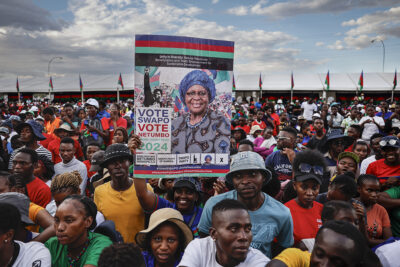Category
In April 2020, in the midst of adapting virtually everything to the constraints imposed by the novel coronavirus, the Social Science Research Council announced a request for proposals for small rapid-response grants to support social science research on “the social, economic, cultural, psychological, and political impact of Covid-19 in the United States and globally, as well as responses to the pandemic’s wide-ranging effects.” The competition was open to PhD holders in the social sciences, the humanities, and related fields based anywhere around the world. To our astonishment, we received over 1,300 applications. In the end, a total of 62 projects were selected through a four-round peer-review process. These essays profile the results of their work.
While many aspects of this crisis are unprecedented, it has also been dramatically shaped by long-standing inequalities. When the Council announced the call for proposals, it was already glaringly apparent that while the pandemic would impact every aspect of society, the already marginalized would bear the brunt of its devastation. These essays will include examinations of the experiences of some of society’s most vulnerable populations. Other essays will investigate how the Covid-19 pandemic interacts with existing health disparities and ongoing environmental and social crises.
In addition to intensifying existing social injustices, the spread of Covid-19 and efforts to stem it have also created new challenges. Grantee essays will explore the various ways communities are responding to and coping with measures to stop the virus’s spread—lockdowns, social distancing guidelines, and the transition to remote work and education. The pandemic has highlighted the pivotal yet ambivalent role of technology in the Covid-19 era and several essays will examine how social media serves to maintain relationships, communicate information (and misinformation), and create virtual communities. Others will shed light on how the use of technology has exacerbated inequality and discrimination.
Taken together, the work of the Covid-19 Rapid-Response Grant recipients illustrate the immense potential of the social sciences not only to elucidate the greatest challenges facing our society but also to lay a blueprint for how they might be overcome. A significant proportion of these essays will be international or transnational in focus, including many that will center on countries and communities in the global South. They examine the wide-ranging impacts of Covid-19—including on inequality, education, the workplace, health care, politics, and religious practices. We look forward to sharing their findings here.































